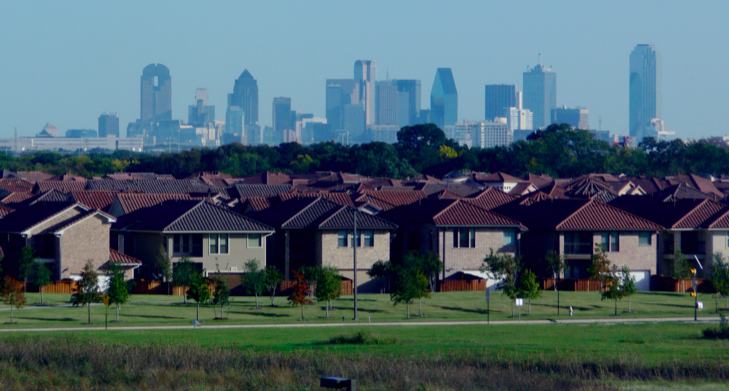Published on February 27, 2020

Nearly a century into the story of single-family zoning, feelings and ideas around it are starting to shift. The City of Minneapolis and the State of Oregon both recently passed laws that loosen single-family regulations. California has proposed similar measures: some have failed (such as one encouraging denser development near transit), others have succeeded (such as ones encouraging backyard cottages). New bills in Maryland and Virginia also take aim.
Given these trends, the moment is right for everyone concerned with the future of cities to revisit single-family zoning, and indeed, there’s an entire issue of the Journal of the American Planning Association dedicated to that very debate. Published in January, the issue features nine essays, representing 14 total planning voices, taking up the question of whether or not single-family zoning’s time has come — and, if so, what to do about it.
A quick primer: single-family zoning (commonly known as R1 in planning parlance) prevents a community from building any type of housing in a given area except a detached single-family home. It’s nearly ubiquitous in the suburbs, but it’s also a central city problem. In San Francisco, 38 percent of residential land is zoned as R1; in Seattle, it’s 80 percent. Together this pattern creates an imbalance across an entire metro area’s housing market. The pervasiveness of the rule is one of the reasons for its destructive social impacts, which have been documented in great detail. In brief, there’s compelling evidence that single-family zoning has damaged the environment by encouraging suburban sprawl and car reliance, worsened affordability by restricting housing supply, and undermined inclusion by keeping lower-income households out of high-opportunity neighborhoods.
Taking a strictly professional angle, urban studies professor Anaid Yerena of the University of Washington says planners have an “ethical responsibility” to eliminate single-family zoning. Yerena quotes from the American Institute of Certified Planners Code of Ethics and Professional Conduct, which states: “We shall seek social justiceby working to expand choice and opportunity for all persons, recognizing a special responsibility to plan for the needs of the disadvantaged and to promote racial and economic integration.” To Yerena, eliminating single-family zoning is an obligation — “not merely a matter of choice.”
Continue reading at Side Walk Talk.
Originally written by Eric Jaffe for Side Walk Talk.